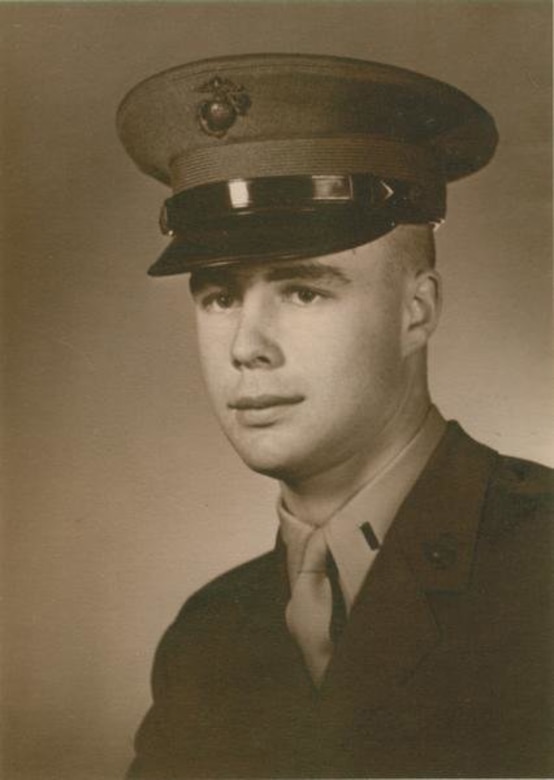Although many men were drafted into the military during the Vietnam War, some, like Marine Corps 2nd Lt. John Bobo, volunteered. Bobo never came home from the war, but his sacrifice saved several members of his company. For that, he earned the Medal of Honor.
Bobo was born Feb. 14, 1943, in Niagara Falls, New York. He went to nearby Niagara University after high school and enlisted in the Marine Corps Reserve while there, according to the Niagara Gazette. Bobo graduated with a degree in history in June 1965 and was commissioned as a second lieutenant.

Bobo spent nearly another year in training before being assigned to the 3rd Battalion, 9th Marines, 3rd Marine Division. In June 1966, his unit was on its way to Vietnam.
On March 30, 1967, the 24-year-old weapons platoon commander was on a routine patrol south of a Marine base that was only a few miles below the North Vietnam border. His company settled into a defensive position on a hill for the night. Several rifle platoons were sent out to patrol for ambushes.
Those patrols hadn’t been gone long when North Vietnamese soldiers swarmed out of the jungle to attack the men hunkered down on the hill. The Marines managed to push them back into the jungle, but they returned after more enemy troops blocked the rifle platoons on ambush duty from getting back to the hill to help.
Bobo, who was with his platoon on the hill, quickly organized his men into a hasty defense against the enemy, which was bombarding them with automatic weapons and mortar fire. He went from position to position, encouraging his Marines to fight their hardest, despite being outnumbered. Bobo then picked up a rocket launcher he found on a fallen Marine and organized a new team to use it on the enemy’s machine gunners.
Shortly after that, an enemy mortar exploded near Bobo, severing his right leg below the knee. The massive injury, however, did not slow his determination. He refused to be evacuated and instead insisted on being propped up in a firing position so he could cover the rest of the Marines as they fled for safety.
According to Bobo’s Medal of Honor citation, “With a web belt around his leg serving as a tourniquet and with his leg jammed into the dirt to curtail the bleeding, he remained in this position and delivered devastating fire into the ranks of the enemy attempting to overrun the Marines.”
“I saw him kill at least five North Vietnamese soldiers although he had been seriously wounded,” 1st Sgt. Raymond G. Rogers recalled in a later interview. “He killed the [North Vietnamese soldier] who had wounded me in the leg and was standing over me.”
At some point during the shootout, Bobo was struck and killed. However, his leadership, courage and refusal to give up enabled the remaining Marines to get into a better position, where they were finally able to push the enemy back. When the fight was done, 16 more Marines had died, and 47 were injured.
Bobo’s body was returned home and buried at Gate of Heaven Cemetery in New York. On Aug. 27, 1968, his parents accepted the Medal of Honor on his behalf.
No one forgot what Bobo did to help the surviving Marines escape that day, and his memory continues to live on. At Marine Corps Base Quantico, a mess hall and building are named in his honor. The same is true for a roadway through Marine Corps Air Station Yuma, Arizona. A Navy supply ship christened in the 1980s that currently belongs to the Military Sealift Command also bears his name, as does the John P. Bobo Baseball Field at his alma mater, Niagara University.